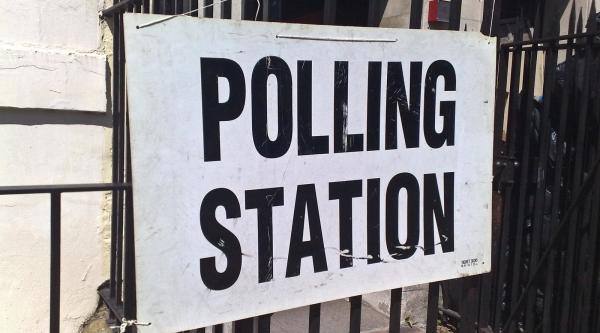Do you have to sell your home to pay for care in Northern Ireland?
Whether a home is taken into consideration during a financial assessment depends on where the person with dementia is receiving care. If the person is living in a care home, their home may be included.
Paying for care and support in NI
- Paying for dementia care in Northern Ireland
- Financial Assessment for care in Northern Ireland
- Paying for care home fees in Northern Ireland
- You are here: Do you have to sell your home to pay for care in Northern Ireland?
- Paying for dementia care if you have a partner
If the person is receiving homecare
The value of the person’s home is not counted in their financial assessment if they receive care at home. It should not be used when deciding their contribution towards the cost of this type of care.
How these assessments work is slightly different when paying for care in England or care in Wales.
If the person is in a care home
The person may be living in a care home, but still own their own home. This may mean that their home can be included in the financial assessment.
There are some situations where this is not the case. This is when one of the following people who lives in the property will continue to live there after the person has moved into a care home:
- A husband, wife, partner or civil partner (this may include former partners if they are not estranged).
- A close relative over the age of 60.
- A child who is dependent on the person entering residential care.
- A relative who is disabled or ‘incapacitated’.
In some cases, the person’s house might also be the permanent home of someone who has been caring for them, such as a friend.
For as long as the carer is living there, the trust can decide whether or not to include the value of the home in the assessment. This is more likely to apply in cases where the carer has given up their own home to care for the person with dementia.
It is up to the trust if and when they will next review this decision.
If you do have to sell the person's home
The value of the person’s home should not be taken into account for the first 12 weeks they are living in the care home. This is called the ‘12-week property disregard’.
This may mean that, during this time, the trust will pay or contribute towards the fees.
This grace period can give people time to sell the home, or to speak to the trust about other options.
Deferred payment agreements (DPA)
For people paying for care in England or in Wales, they may be able to enter into a deferred payment agreement (DPA). This is an option if the home is unlikely to sell within 12 weeks. The person should discuss their options with the trust.
In this arrangement, the trust pay the person’s care home fees for them. Then, when the person sells their home, they must repay the cost of the care home fees.
However, there is no formal system for this in Northern Ireland.








